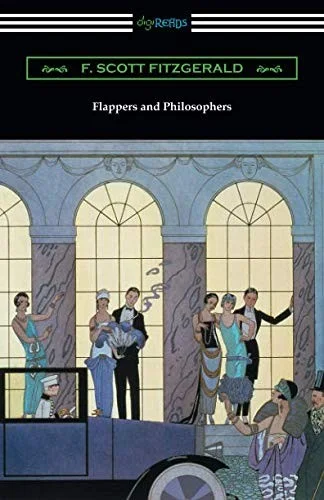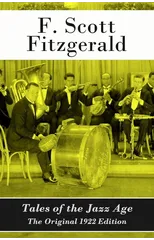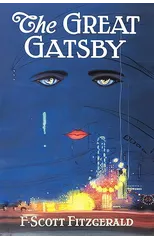The first short story collection by F. Scott Fitzgerald, "Flappers and Philosophers" was originally published in 1920. The eight stories of the collection are set in the era for which the author is best known, the Jazz Age, a term Fitzgerald himself coined. While perhaps best known for his novels, Fitzgerald was a prolific and accomplished short story writer and found the most fame and fortune during his career in writing short stories for magazines, such as the Saturday Evening Post. Included in this collection are some of his most famous and romantic short stories, such as "The Offshore Pirate" and "Head and Shoulders," which mirror many of the themes in his novels: mismatched lovers, the sacrifice of career goals for love, and bittersweet endings. Fitzgerald's versatility and range as an author can be seen in the melancholy and tragic examination of a long marriage in "The Cut-Glass Bowl" when compared to the tale of youthful competition and revenge in "Bernice Bobs Her Hair." These short stories demonstrate why Fitzgerald is considered one of America's very best authors. This edition is printed on premium acid-free paper.
F. Scott Fitzgerald
F. Scott Fitzgerald was an American novelist and short story writer known for his portrayal of the Jazz Age in American literature. His most notable works include "The Great Gatsby," "Tender is the Night," and "This Side of Paradise."
Fitzgerald's writing style is characterized by his use of lyrical prose and exploration of the themes of wealth, class, and the American Dream. He is considered one of the greatest American writers of the 20th century and his works continue to be studied and celebrated for their insight into the social and cultural dynamics of his time.
"The Great Gatsby" is Fitzgerald's most famous work and is widely regarded as a masterpiece of American literature. The novel explores the themes of love, wealth, and the pursuit of the American Dream, and has had a lasting impact on the literary genre of the novel. Fitzgerald's contributions to literature include his exploration of the complexities of human relationships and his keen observations of American society during the 1920s.






